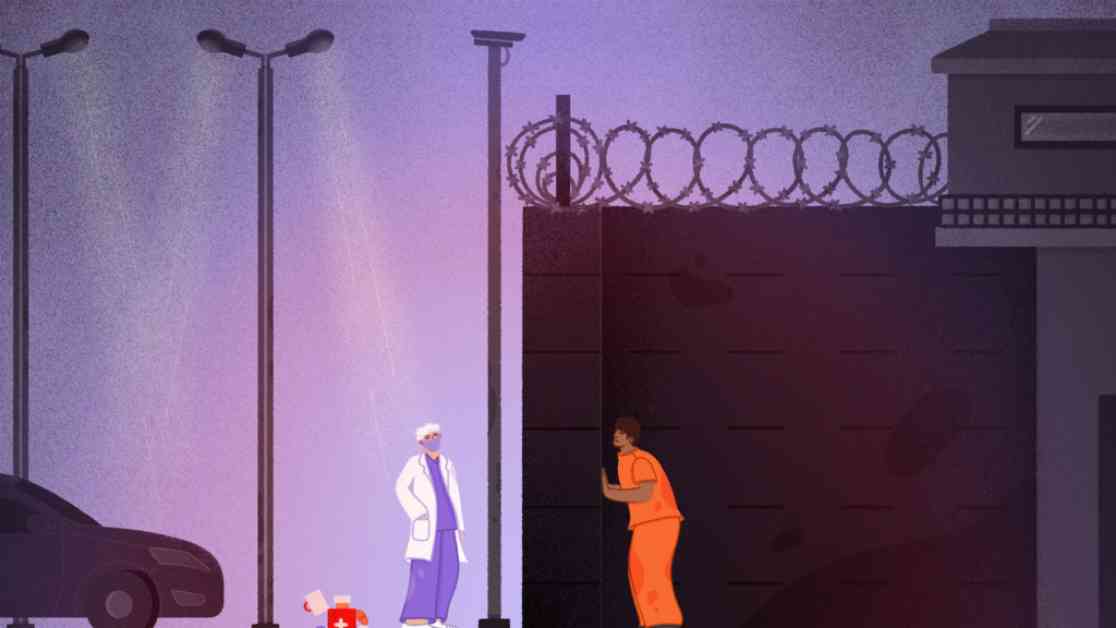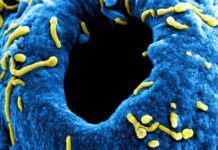Plea for Addiction Medications: Challenges Behind Bars
James Mannion, a father of two, recreational fisherman, and former heroin user, pleaded for a medication called buprenorphine during his nine-month incarceration in a county jail in Portland, Maine. Despite his repeated pleas for help with his opioid use disorder, Mannion was denied access to the medication he believed could save him.
Tragic Outcome of Denial
On Aug. 11, 2022, a doctor at the jail confirmed Mannion’s self-diagnosis of opioid use disorder and his previous success with Suboxone, a buprenorphine brand. Despite Mannion’s desperate letters to jail officials detailing his daily cravings and fears of a deadly relapse, his requests were ignored. Three days later, Mannion was found dead in his cell after overdosing on opioids obtained from another inmate.
Systemic Challenges in the Criminal Justice System
Mannion’s tragic death highlights a systemic crisis within the U.S. criminal justice system. Despite the proven effectiveness of medications like buprenorphine and methadone in treating opioid addiction, many law enforcement officials remain hostile to these life-saving treatments. The opposition to addiction medications is pervasive in local jails, state and federal prisons, drug courts, and even within the DEA.
Barriers to Access and Reform Efforts
Many facilities only offer addiction medications under limited circumstances, if at all, leading to preventable tragedies like Mannion’s death. Despite guidelines from the Department of Justice and federal prosecutors’ efforts to enforce access to addiction medications, change is slow. The stigma surrounding these treatments, concerns about safety, and entrenched attitudes within law enforcement continue to hinder progress.
James Mannion’s story serves as a poignant reminder of the urgent need for reform in how addiction medications are perceived and provided within the criminal justice system. His death, and countless others like it, underscore the devastating consequences of denying vulnerable individuals access to the care they need to overcome addiction and avoid fatal overdoses. As the fight for equitable access to life-saving treatments continues, we must confront the systemic barriers that perpetuate this cycle of suffering and loss.

















